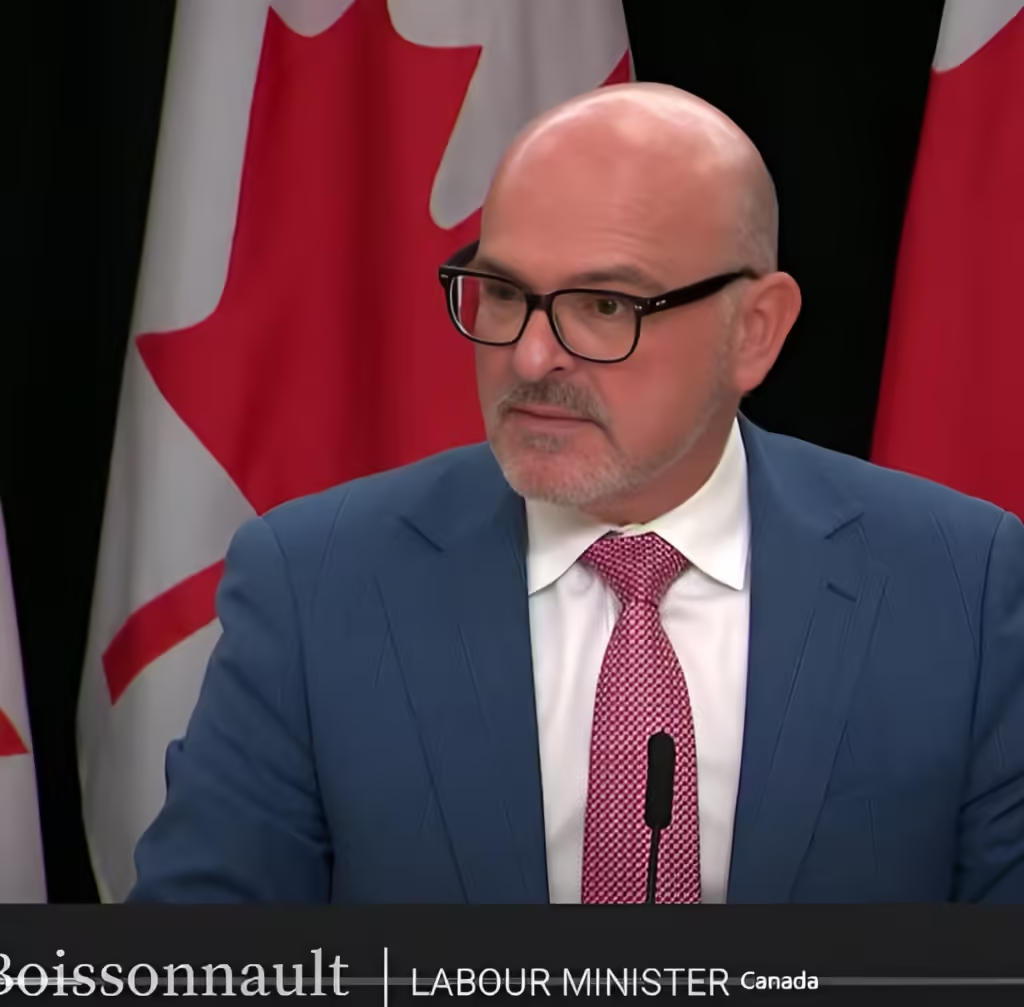Ottawa, Canada – The Canadian government, facing growing public concern over the national housing affordability crisis, has announced a further reduction in the cap on international student permits for the coming years.
In a recent statement from Ottawa, the Trudeau administration confirmed that the number of international student study permits for 2025 will be reduced by 10% from the previous target of 485,000. This means only 437,000 permits will be issued next year, and the same number will continue into 2026. These measures are a continuation of a trend where the government has been progressively tightening the admission of international students to alleviate pressure on housing and public services.
“This adjustment is crucial for maintaining the balance between welcoming international students and ensuring the availability of resources for all residents,” stated the Immigration Minister during a press briefing. He further highlighted that the modifications were in response to the housing crisis, emphasizing that a significant influx of international students has strained local systems.
In addition to the cap reduction, the government introduced several other measures aimed at streamlining the integration of international students into the Canadian workforce. These include new language proficiency requirements for students seeking post-graduation work permits and a renewed focus on aligning educational opportunities with the nation’s economic needs.
“We owe it to Canadians to manage our immigration levels prudently,” the Minister added. “These steps are part of a broader strategy to ensure that our immigration policies support both economic growth and community well-being.”
UK Leader Shows Strong Interest in Italy’s Plan to Process Asylum Claims in Albania
Policy Impact and Public Response
The decision has stirred mixed reactions across the country. While some citizens and policymakers view these changes as necessary to protect Canadian workers and residents from the fallout of an overheated housing market, others argue that international students bring substantial economic benefits to the country, contributing to the diversity and vibrancy of campus life and filling critical gaps in the labor market, especially in tech and healthcare sectors.
Economic analysts suggest that while the cap may relieve some pressure on housing, it could also slow the pace of economic growth, particularly in university towns where local businesses thrive on the patronage of international students.
As the policy is set to take effect on September 26, universities and colleges across Canada are preparing for a shift in enrollment figures and are reassessing their financial strategies to adapt to the expected decrease in international student admissions.
The government has promised to monitor the impacts of these changes closely and adjust its policies as necessary to maintain a healthy balance between welcoming international talent and ensuring the sustainability of Canadian communities.






























